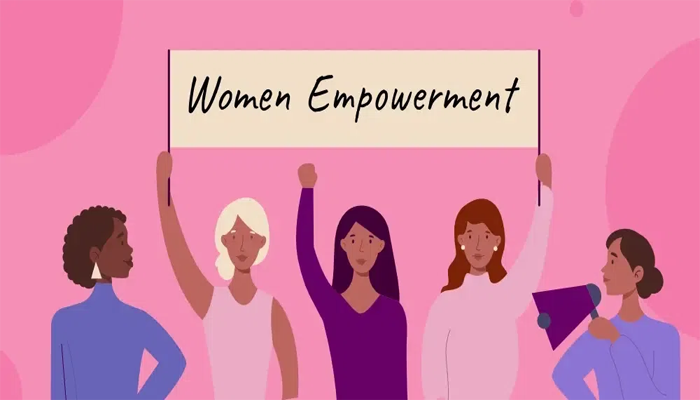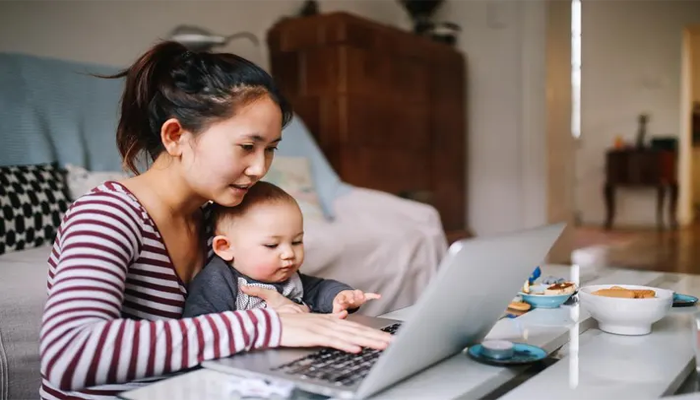In an era where media permeates every aspect of our lives, its influence on societal perceptions is undeniable. From movies to advertisements, news reports to social media, the portrayal of women has been both instrumental and contentious.
The representation of women in media plays a pivotal role in shaping societal norms, ideologies, and individual perceptions. However, the glaring issue lies in the prevalence of stereotypes and the lack of diverse and empowering representations.
The Current Landscape
Traditional media outlets have long perpetuated stereotypical images of women, often confined to narrow roles and characteristics. Whether it's the portrayal of women as homemakers, hyper-sexualized objects, or lacking agency in decision-making, these stereotypes persist across various platforms. Television shows, movies, and advertisements often depict unrealistic beauty standards, reinforcing damaging notions about body image and self-worth.
In the digital age, social media hasn't been exempt from these trends. While it has provided a platform for women to amplify their voices, it also perpetuates unattainable beauty ideals and unrealistic standards, contributing to issues like cyberbullying and low self-esteem among young women.
Impact on Perceptions
The impact of these representations extends beyond entertainment; it affects how women are viewed in society and how they perceive themselves. When media consistently portrays women in limited roles, it subconsciously influences societal attitudes, expectations, and perceptions of what women can achieve. Young girls growing up surrounded by such images may internalize these stereotypes, impacting their aspirations and self-confidence.
Moreover, the lack of diverse representation in media leads to the erasure of the experiences and stories of marginalized groups of women. Women of color, LGBTQ+ women, women with disabilities, and those from diverse backgrounds often find themselves underrepresented or misrepresented, further marginalizing their voices and experiences.
The Need for Change
It's imperative to challenge these norms and advocate for more diverse and empowering representations of women in media. By showcasing a spectrum of experiences, abilities, and identities, media can reflect the richness and complexity of women's lives.
Empowering representations in media can serve as catalysts for societal change. When women are depicted as leaders, innovators, problem-solvers, and multifaceted individuals, it reshapes societal perceptions, inspiring future generations to break barriers and embrace their full potential.
Moving Towards Empowerment
Creating change requires a concerted effort from media creators, advertisers, influencers, and consumers alike. Content creators must consciously strive to break stereotypes and provide authentic representations that celebrate the diversity of women. Diversity should not be a token gesture but an inherent aspect of storytelling.
Consumers also wield power in demanding and supporting media that showcases diverse narratives. By consciously choosing to engage with and amplify content that portrays women in empowering roles, individuals can drive the demand for change.
Conclusion
The portrayal of women in media is a powerful tool that can either reinforce stereotypes or pave the way for empowerment and inclusivity. It's time to move beyond limiting representations and embrace the breadth of women's experiences. By advocating for and consuming media that celebrates diversity and empowerment, we can reshape societal perceptions and inspire a generation where every woman feels seen, valued, and empowered. Let's rewrite the narrative together.









